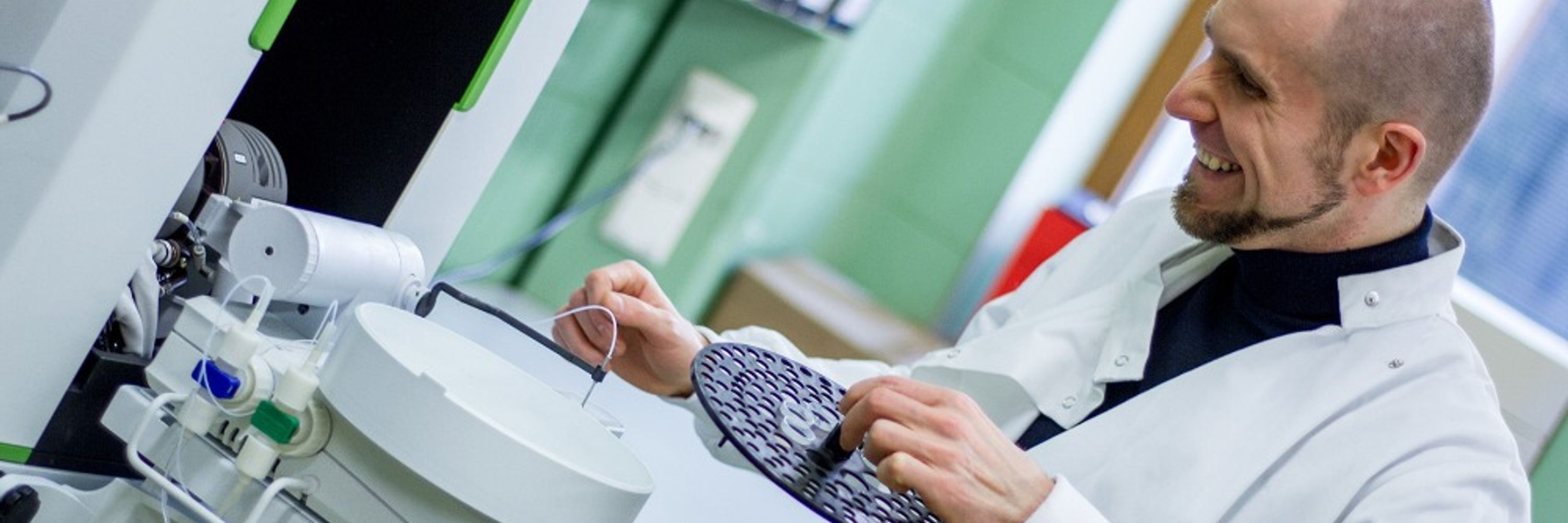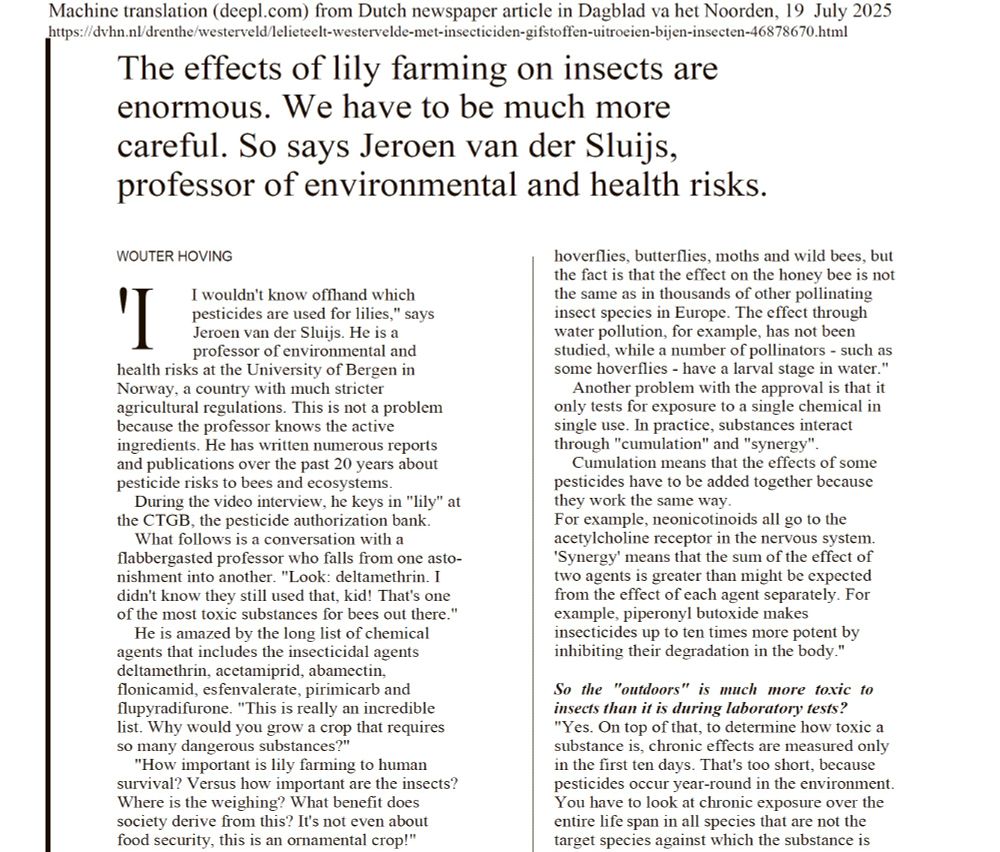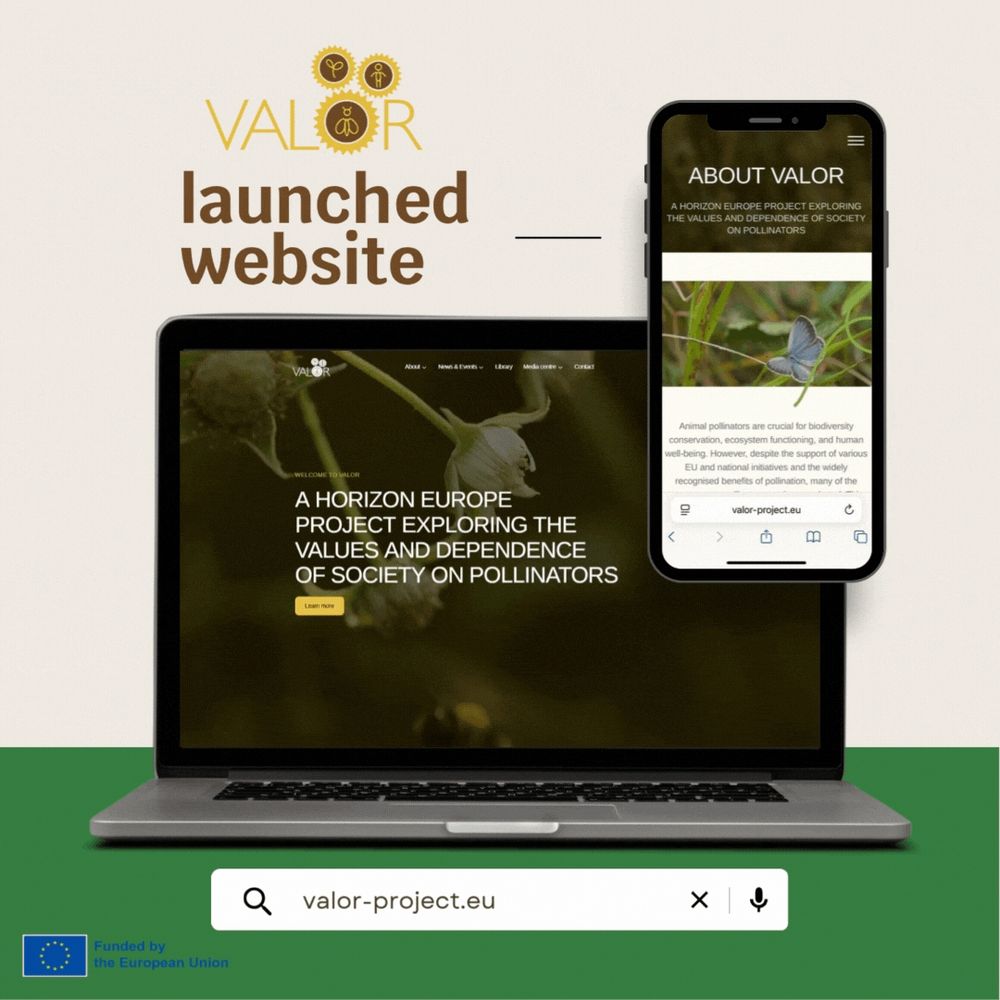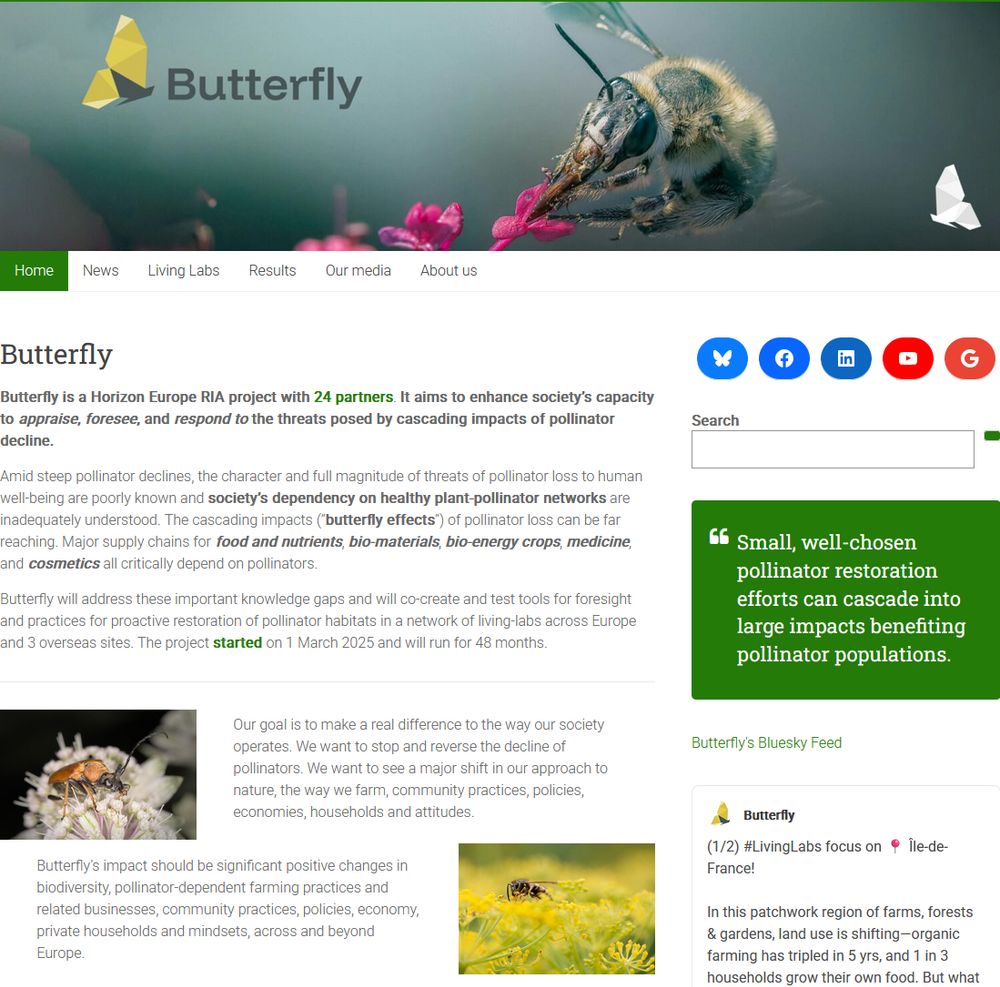Michał Filipiak
@michalfilipiak.bsky.social
130 followers
97 following
11 posts
Ecologist @tum.de & @ioes-ju.bsky.social. Ecosystem ecology, biogeochemistry, nutrient cycling, ecological #stoichiometry.
3-minute videos:
K:Na ratio in bee ecology - https://youtu.be/U35eFpxrSfQ
How to help wild bees - https://youtu.be/OsNImYspsPo
Posts
Media
Videos
Starter Packs
Reposted by Michał Filipiak
Reposted by Michał Filipiak
Reposted by Michał Filipiak
Reposted by Michał Filipiak
Reposted by Michał Filipiak
Reposted by Michał Filipiak
Reposted by Michał Filipiak
Reposted by Michał Filipiak
Butterfly
@butterfly-project.bsky.social
· Jun 21
Reposted by Michał Filipiak
Reposted by Michał Filipiak
Reposted by Michał Filipiak
Butterfly
@butterfly-project.bsky.social
· Jun 20
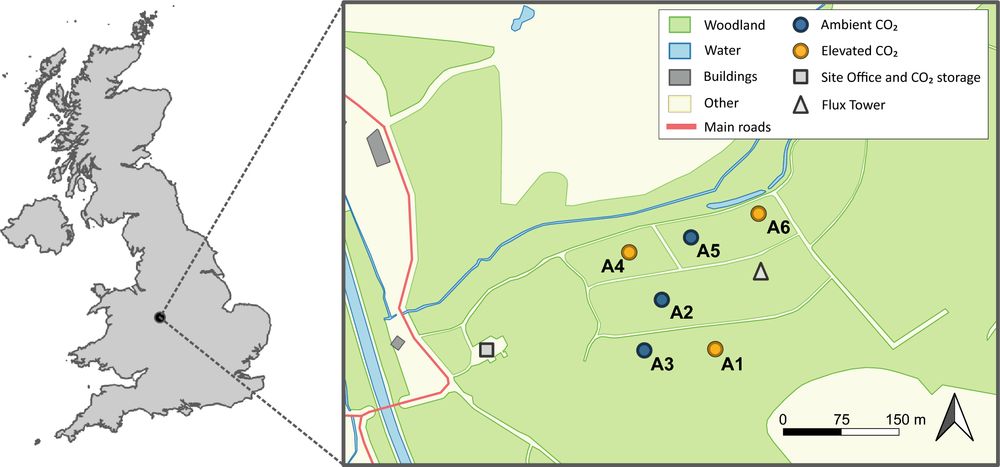
Elevated atmospheric CO2 alters the multi-element stoichiometry of pollen-bearing oak flowers, with possible negative effects on bees - Oecologia
Increasing atmospheric CO2 levels change the elemental composition in plants, altering their nutritional quality and affecting consumers and ecosystems. Ecological stoichiometry provides a framework for investigating how CO2-driven nutrient dilution in pollen affects bees by linking changes in pollen chemical element proportions to the nutritional needs of bees. We investigated the consequences of five years of Free Air CO2 Enrichment (FACE) in a mature oak-dominated temperate forest on the elemental composition of English oak (Quercus robur) pollen. We measured the concentrations and proportions of 12 elements (C, N, P, S, K, Na, Ca, Mg, Cu, Zn, Fe, and Mn) in Q. robur pollen-bearing flowers collected from the Birmingham Institute for Forest Research (BIFoR) FACE facility. An elevated CO2 (eCO2) level of 150 ppm above ambient significantly reduced the S, K, and Fe levels and altered the multi-element ratio, with different elements behaving differently. This shift in pollen multi-element composition may have subsequent cascading effects on higher trophic levels. To assess the impact on bees, we calculated the stoichiometric mismatch (a measure of the discrepancy between consumer needs and food quality) for two bee species, Osmia bicornis (red mason bee) and Apis mellifera (honey bee), that consume oak pollen in nature. We observed stoichiometric mismatches for P and S, in pollen under eCO2, which could negatively affect bees. We highlight the need for a comprehensive understanding of the changes in pollen multi-element stoichiometry under eCO2, which leads to nutrient limitations under climate change with consequences for bees.
f.mtr.cool
Reposted by Michał Filipiak
Reposted by Michał Filipiak
Reposted by Michał Filipiak
Reposted by Michał Filipiak
Kathi
@kathicz.bsky.social
· Jun 18
Reposted by Michał Filipiak
Reposted by Michał Filipiak
Reposted by Michał Filipiak
Reposted by Michał Filipiak
Butterfly
@butterfly-project.bsky.social
· Jun 16

Researchers must assume responsibility for halting the global bee decline
The number of wild bees has fallen dramatically since 1990. UiB professor Jeroen van der Sluijs urges researchers to assume their responsibility and help save the insects who hold the key to upholding human food production.
f.mtr.cool
